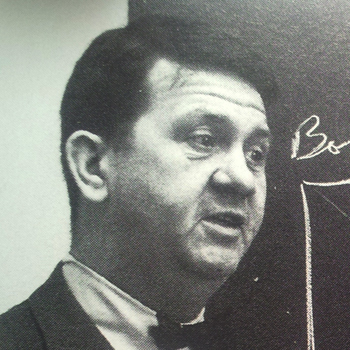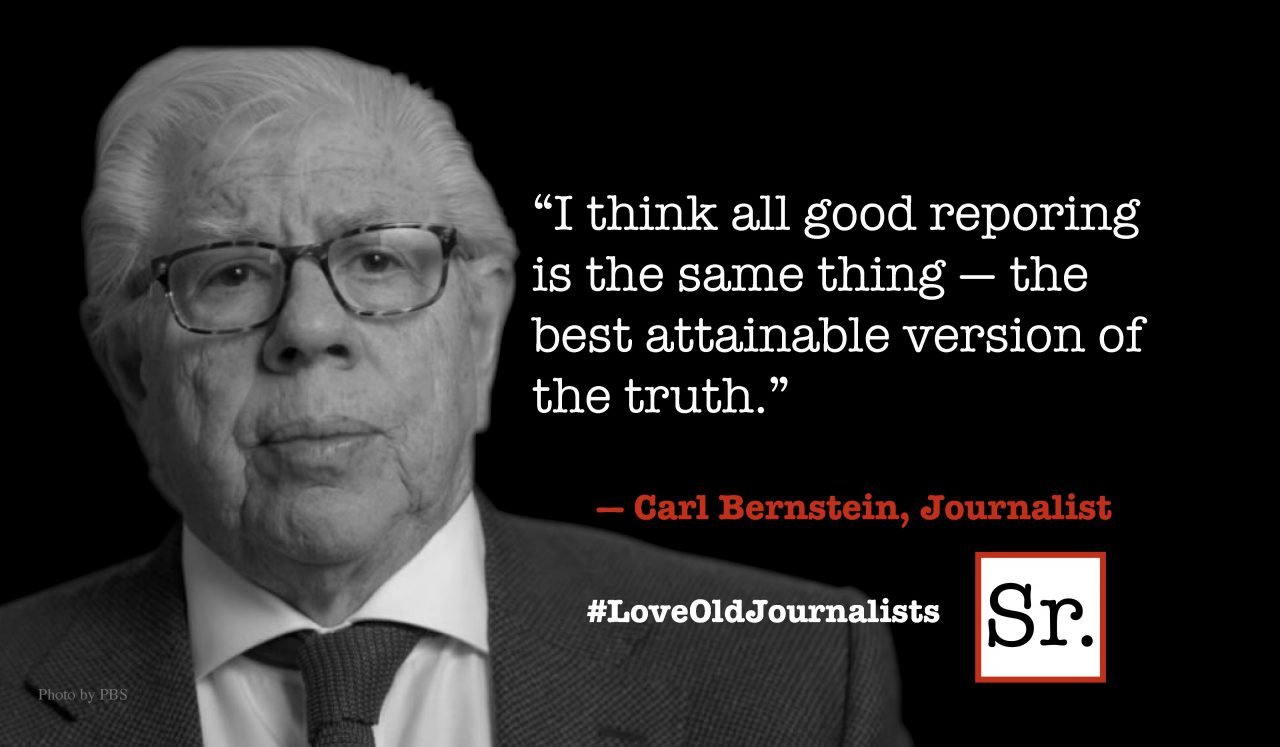Penn Kimball was my advisor at the Columbia Graduate School of Journalism in 1963-1964. He could never have been taken for a sentimental school master; no Mr. Chips, this journalist and teacher, who died Nov. 8 at a retirement facility in Chevy Chase, Md. He was 98.
Penn didn't mince words. He spoke his mind. He was a popular professor, and I had reason to value his friendship. When I was writing my major paper (a lengthy article based on interviews with authoritative figures) he suggested James A. Farley, Franklin Roosevelt’s postmaster general and campaign manager in the elections of 1932 and 1936.
At 76, Farley was still hale. With the Depression years in mind, Farley said people voted their fears. He claimed the principle held true in the age of television. I bet he would say the same if he were still with us in the digital age.
My piece was a carbon of Farley's views and prejudices. "You need to read more about politics. You’re too easily impressed," was Penn Kimball’s verdict.
My hero-worshipping cost me a C.
When the school year was ending, Penn urged me to visit NBC and offer the network first-refusal. He assured me it was the right thing to do. "As a courtesy," he said, "you’re giving your benefactors the first opportunity to hire you or not, since you've been here on an RCA/NBC fellowship."
"You've come at a good time," the head of news for WNBC-TV said. With political conventions, the presidential campaign, the fall elections, the war in Vietnam, the unrest in cities, he was short-handed. I worked at NBC 15 years.
Some time after I'd graduated from the journalism school, I learned from Penn that he was one of a two-person team to pick me as the RCA/NBC Fellow for that academic year. "We liked it that you were from Eureka," he said. It was a time when small-town America was in fashion.
People who did not know Penn Kimball still have reason to remember him. After learning that he was secretly declared a security risk under the Freedom of Information Act, he sued the federal government in the 1980s. According to the Washington Post, the State Department, the CIA and the FBI had compiled secret documents in which he was called a "definite security risk."
In his 1983 book, "The File," he wrote, "I was stunned. I simply had no idea that for more than half of my life my name had been on file in Washington as a dangerous radical, disloyal American, a national security risk, a subversive 'too clever' to be caught holding membership in the Communist Party."
I remember his telling me he'd discovered comments from people he knew, distinguished names, hinting in the censored documents that he'd been friendly with communists. A CIA packet indicated his late first wife — a real estate agent — was also labeled a security risk. The documents arrived on the same day as her funeral, the Post said.
In 1984, PBS broadcast a documentary about Penn. The same year he filed a $10 million lawsuit against the government to clear his name. In 1987 the State Department, the CIA and the FBI agreed to purge their files if Kimball would drop his lawsuit. A federal judge wrote that there was no evidence that either Kimball or his wife had committed a crime or had been "disloyal to the United States."
"There's nothing more precious to a man than his character and reputation," Penn told the newspaper. "And what the United States government did is take that away from me."
He was an unlikely disloyal American. As the Post noted, "an Eagle Scout, a bow-tie-wearing New Englander, a football player at Princeton, a Rhodes scholar, a Marine Corps pilot in World War II, an Ivy League professor."
And, I may add, a Red Sox fan.
This article originally appeared in the San Leandro Times.









